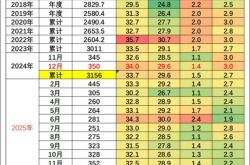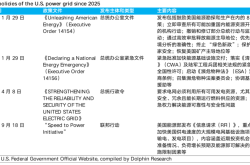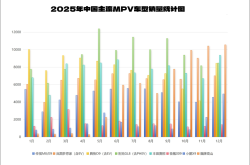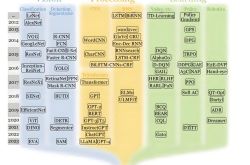Digital and Smart Manufacturing: Huawei Empowers Industries with Digital and Smart Transformation
![]() 12/11 2024
12/11 2024
![]() 554
554
The Huawei China Government and Enterprise Business Smart Manufacturing Media Communication Conference, titled "Digital and Smart Manufacturing: Reach Out and Touch the Future," was held in Chongqing, attracting dozens of industry media representatives who also visited the Huawei & Changan Smart Factory Global Model Site.
Recently, the Huawei China Government and Enterprise Business Smart Manufacturing Media Communication Conference, themed "Digital and Smart Manufacturing: Reach Out and Touch the Future," convened in Chongqing. Industry media attended in droves and toured the Huawei & Changan Smart Factory Global Model Site. Amidst the global wave of technological revolution and industrial transformation, discussions centered on leveraging technological advantages to make smart manufacturing the cornerstone of reindustrialization, propel digital and smart transformations within the industry, and unleash their amplifying, synergistic, and multiplicative effects on economic development. Yang Ping, General Manager of Huawei China Government and Enterprise Smart Manufacturing System Department, shared invaluable experiences and provided an in-depth analysis of the profound impact of digital and smart transformation and upgrading on the manufacturing industry at the conference.
Currently, accelerating the development of digital and intelligent technologies and fostering deep integration between the digital, intelligent economy, and the real economy are vital pathways and robust supports for empowering high-quality economic and social growth. They also represent the inevitable choice for advancing modernization with Chinese characteristics. As a pillar of the national economy, the digital and smart transformation of the manufacturing industry is undoubtedly a crucial measure to foster industrial upgrading and enhance core competitiveness. This transformation is not only a significant step in industrial advancement but also plays a pivotal role in reshaping the national economic structure and bolstering competitiveness. It is also an effective strategy for addressing global challenges and promoting sustainable development.
In recent years, China has gradually laid the groundwork for developing smart manufacturing. However, simultaneously, China's foundational theory and technical system construction for smart manufacturing lag behind, and the digital infrastructure supporting smart manufacturing remains underdeveloped. The digital and smart transformation of the manufacturing industry still has a long way to go. Encouragingly, more enterprises are actively exploring ways to accelerate the intelligent upgrade of various industries. Huawei, as a pioneer in digital and smart transformation, has successfully implemented practical methods for digital and smart transformation, building a solid digital foundation for numerous digital factories like Changan Automobile, effectively propelling the transition from "Made in China" to "Intelligently Made in China".
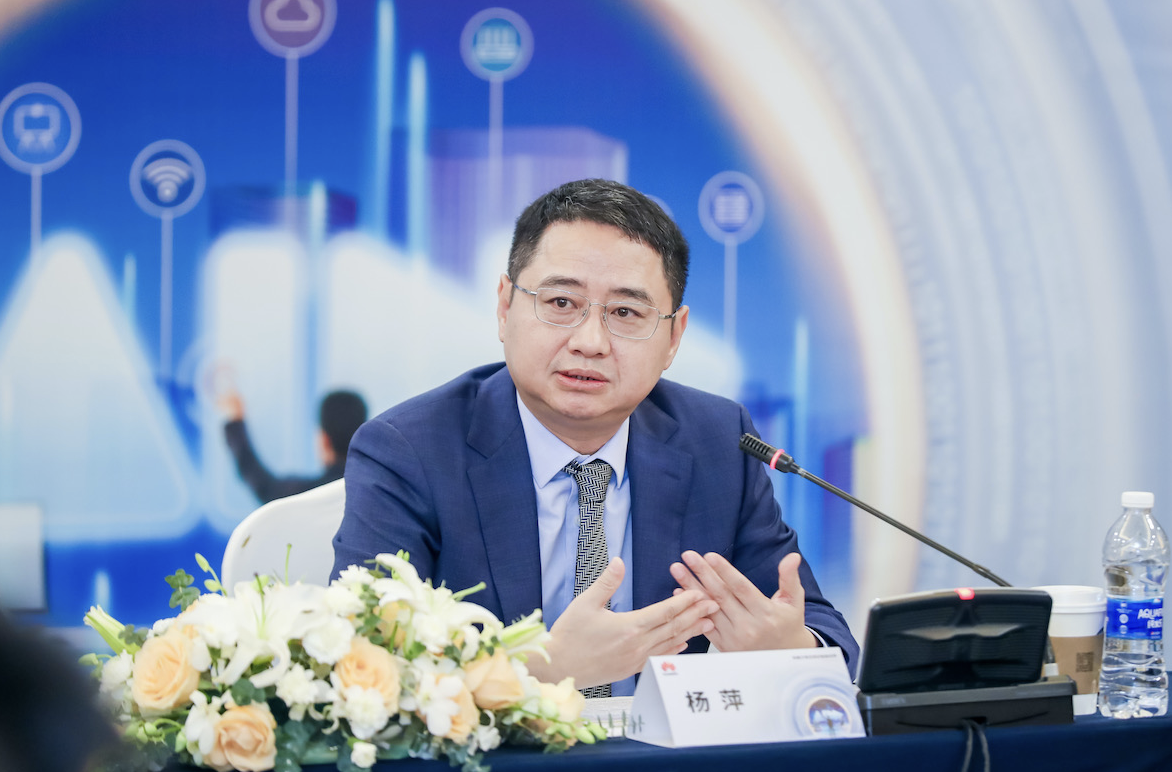
According to Yang Ping, General Manager of Huawei China Government and Enterprise Smart Manufacturing System Department, since the 1990s, Huawei has embarked on a business management transformation centered on information construction, establishing an IPD research and development management process and ISC supply chain management. In 2014, Huawei officially commenced its digital transformation, introducing a fully connected and real-time feedback system, initiating data governance within the company, and constructing a corresponding security framework. In 2018, Huawei launched a comprehensive artificial intelligence strategy, integrating digitization and intelligence across multiple domains.
In the traditional biomedicine sector, new drug research and development not only incur investments exceeding $1 billion but also take over a decade from inception to market launch. This lengthy timeline and substantial cost highlight the challenges of new drug development. However, Huawei's large-scale AI scientific computing model can autonomously simulate the entire process, from theoretical research to clinical trials. Its robust scientific computing capabilities enable researchers to conduct parallel screening tasks, swiftly obtaining simulation results, drastically reducing time and labor costs.
Huawei offers the Pangu Pharmaceutical Molecule Large Model to pharmaceutical firms for drug molecule structure discovery, clinical trials, and genetic signature analysis. This model, trained on over 1.7 billion pharmaceutical molecules, is the largest of its kind. Currently, Huawei is collaborating closely with leading domestic pharmaceutical companies, leveraging efficient computing power to screen 300 million molecular structures weekly, aiding companies in swiftly identifying target molecular structures and achieving outstanding results in animal experiments.
Robots, as carriers of emerging technologies and crucial enabling equipment for industrial transformation and upgrading, serve as a significant indicator of a nation's scientific and technological prowess and the sophistication of its manufacturing industry. They are also vital for modernizing the industrial system. Currently, robots are prioritized in national scientific and technological innovation. Many regions have introduced policies to guide and support the robot industry, fostering numerous new robot enterprises and intense industry competition. Huawei aids leading robot enterprises in promoting diversified product portfolios and reshaping structured R&D processes, achieving collaborative management of R&D and production quality. This reduces R&D costs and significantly enhances product R&D effectiveness and relevance.
Huawei's collaboration with Changan Automobile to establish a digital and smart factory underscores Huawei's commitment to high-end smart manufacturing models and reshaping the manufacturing industry through digitization and intelligence. Huawei is deeply involved in Changan Automobile's digital and smart transformation strategy, from planning to deployment, deeply integrating ICT infrastructure and upper-layer application development, helping to connect the automotive manufacturing industry's three core business flows—engineering data flow, production process flow, and business information flow—and establishing an industry benchmark for new smart manufacturing capabilities.
'We aim to assist Changan Automobile in achieving industry-leading flexible manufacturing capabilities through data governance and AI technology, enabling the automotive industry to synchronize various aspects such as orders, research and development, production, supply, and delivery, swiftly adapting to market changes and fostering the enterprise's core competitiveness with high-quality smart cars,' said Yang Ping.
Indeed, the digital and smart transformation is accelerating across various industries, not just in manufacturing. However, a 'digital divide' has emerged, impeding the pace of transformation and upgrading. In 2023, Huawei set the goal of 'A Digital World Within Reach' to facilitate the digital and smart transformation of diverse industries.
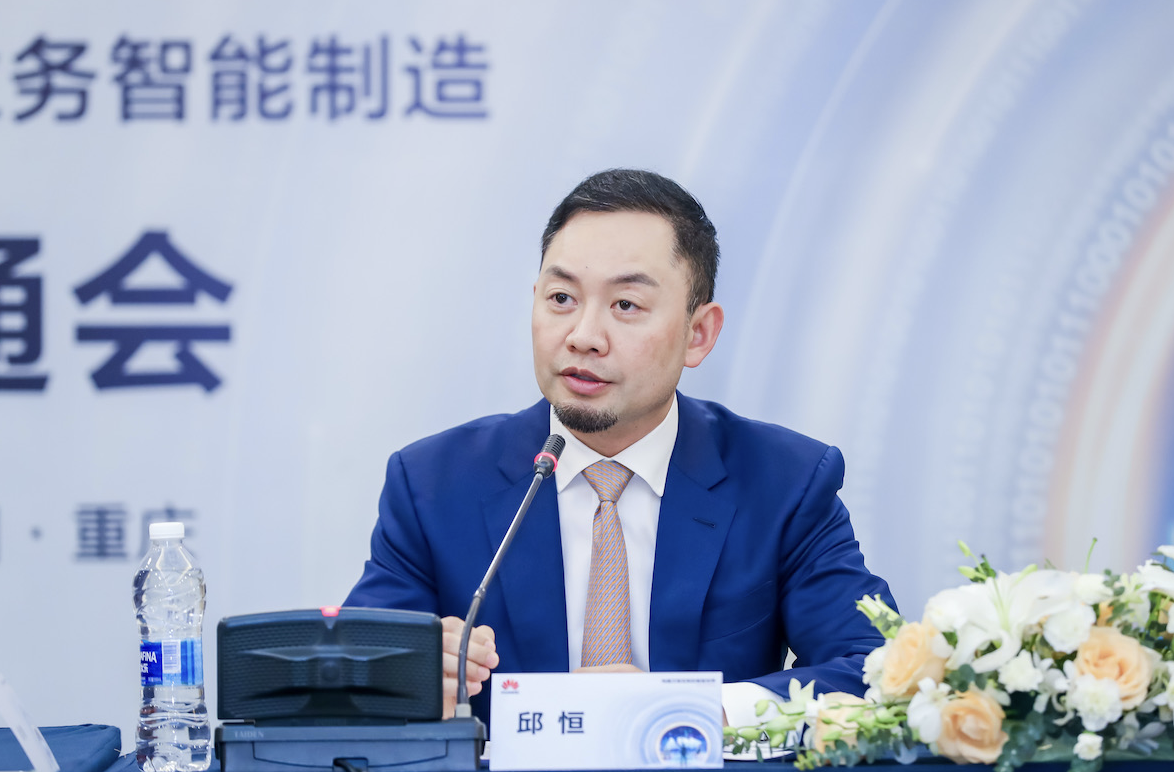
According to Qiu Heng, CMO of Huawei China Government and Enterprise Business, Huawei possesses independently innovated technologies, scenario-based solutions, and marketable, user-friendly products. Through the 'Partner + Huawei' ecosystem, Huawei provides attentive and accessible services, leveraging its own digital and smart transformation experiences and extensive practical knowledge across industries to help the entire sector achieve digital and smart advancements. It is understood that over 40,000 'Partner + Huawei' collaboration partners have successfully covered key capabilities throughout the entire digital and smart lifecycle, encompassing consulting, solution development, operation, and maintenance, empowering customers across industries to embrace digital and smart transformation.
Throughout human society's modernization journey, the modernization of the industrial system is the linchpin of modernization efforts. Accelerating the construction of a modern industrial system, particularly in the manufacturing industry, is crucial for determining the rise and fall of great powers. The digital transformation of the global economy is an inevitable trend, and the new industrial revolution will profoundly reshape human society. As a manufacturing enterprise with robust R&D capabilities, Huawei has conducted in-depth exploration in digital and smart transformation, resonating deeply with manufacturing enterprises. It is foreseeable that as technology progresses, Huawei will continue to unleash its digital and smart potential, empowering the manufacturing industry, creating greater value for enterprises and society, and contributing to the establishment of a manufacturing powerhouse.

